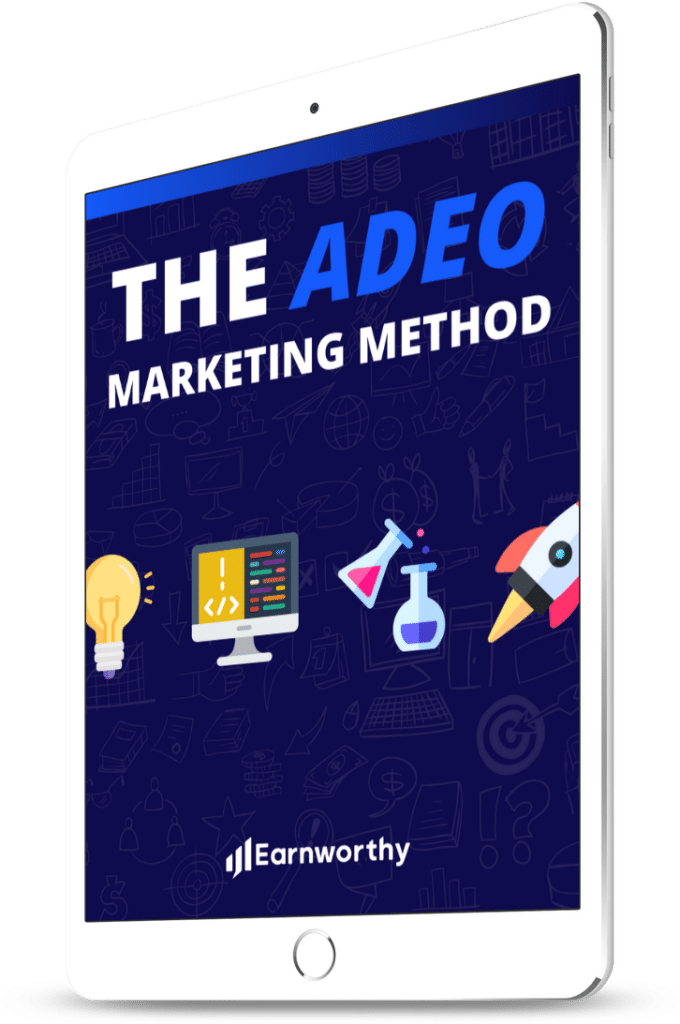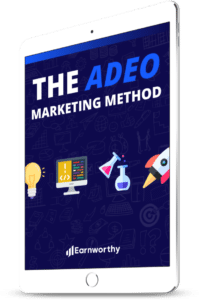Let’s face it. Marketing is changing in a big way. The days of Don Draper and “push” advertising are long gone.
Now, the keys to success with digital marketing in particular are based upon strong content, authentic engagement, targeted messages, real-time responsiveness, and more.
The bottom line is that you just have to know a lot more these days to survive as a marketer than you did 20, or even 10 years ago.
Content marketing, inbound marketing, agile marketing, marketing technology, marketing automation, conversion rate optimization, list building, lead generation, social media marketing, community management, social advertising, remarketing, big data, proximity marketing, programming, usability testing, split testing, etc.
The list goes on and on. You get the idea.
Specialization vs. generalization
Obviously, it would be impossible to specialize in all of these important areas. So the only thing we can do as marketers is to either pick a few of these topics and get extremely well-versed, or become a rock solid generalist who dabbles in all of them.
There are pros and cons of both specialization and generalization in the modern marketing environment. The choice is yours. But I can tell you that based on my personal experience, and what I have heard from other folks in the industry, generalization has an edge right now.
Why is that? Well, companies and organizations want to get more done with less budget. That’s always been the case. So when it comes time to hire a marketer, many will choose to go with a very capable generalist who can do a little bit of everything.
Let’s put a label on it
But maybe generalist isn’t the right word. So, marketers came up with a new label to describe the modern marketing generalist. They call them full stack marketers, because they harness the full stack of marketing tools and techniques available to them in order to execute on a campaign.
But even that term sounds a little stuffy. Full stack? Stack of what, pancakes?
So, lately another less formal term has been spreading around. We’re talking about the marketing unicorn. The whaaaa?
Yes, unicorn. You know, that thing Wikipedia defines as “a legendary animal … with a large, pointed, spiraling horn projecting from its forehead.”
Please note, I use both full stack marketer and marketing unicorn interchangeably in this article. To me, they are just two different ways to explain the same thing. One is just a little more serious than the other.
As John Ellett states in his Forbes article on this topic:
Sometimes labeled chief marketing technology officers (CMTO), and affectionately referred to as unicorns because they are so difficult to find, these are the individuals who help equip organizations with the tools of modern marketing needed to engage today’s always-on customers.
Basically, marketing unicorns are the extremely rare breed of marketers who are pretty much good at everything. They’re full stack, digital natives with the perfect blend creative genius, technical know-how, and marketing fundamentals.
These are the folks you want on your marketing team in 2015 and beyond. Bottom line. And companies and organizations love them, because they can simultaneously fill multiple marketing needs.
Now that I’ve gotten you excited about the rise of marketing unicorns, let’s see what sets them apart.
The skill set of a marketing unicorn can be broken down in three distinct ways:
1. They’re creative geniuses
From sketching a mockup of a landing page, to coming up with the perfect colors for a logo, marketing unicorns aren’t afraid to dig into their creative side and get a little artsy. They’re great writers, and capable artists.
While they might still want to involve a dedicated graphic designer for the final draft, they’re much more flexible than marketers of the past when it comes to developing big ideas and putting them down in a visual or written format.
Marketing unicorns are idea-driven and expressive. But they know that executing on an idea in an efficient and effective way is just as important as coming up with the right idea.
And that’s where the tech comes in.
2. They’re technologists at heart
Technology has changed marketing in the last 30 years more than anything else. I think most of you will agree with me on that point. So, in order to adapt to these changes, we need to not only understand technology, but deeply embrace it.
While marketing unicorns don’t necessarily need to go out an learn how to program, they certainly should become familiar with the basics of programing. As the saying goes, they should know enough to be dangerous.
That goes for HTML and CSS as well. And why not throw in some database knowledge while you’re at it?
And with marketing automation taking over a larger role in campaign execution with each passing year, it pays to get familiar with the most common marketing tools and platforms.
Some good starting points include HubSpot, Infusionsoft, Hootsuite, Buffer, LeadPages, Unbounce, and your favorite email service provider of choice (for me, that’s AWeber).
There is so much to discuss about marketing technology, but we will save it for another day. The point here is that marketing unicorns love technology of all sorts. They’re tinkerers and early adopters, and were probably the first ones in line to buy an Apple Watch!
3. They’re well-versed in marketing fundamentals
Lastly, let’s not forget that marketing is as much of an art as it is a science. Too often, we fall into the trap of thinking that as long as we’re using the right tools and targeting the right audience, we’re “doing marketing.”
No, sorry, that’s not how it works. Regardless of how tech-friendly you are, or how creative you are, to be a good full stack marketer, you need to know the fundamentals of marketing.
Whether you learned this stuff in school, or from reading books and blogs, there’s no shortcut. Figuring out your positioning statement, working on a unique value proposition, creating buyer personas, and all that jazz is still crucial to the success of a modern marketing campaign.
This might not be the fun stuff, but it’s the stuff that holds everything else together.
If you’re new to marketing principles, a good starting point is the inbound marketing methodology, as taught by HubSpot. I encourage you to take their free inbound certification course.
Being a marketing unicorn also means having respect for the marketing methods of days past. We should respect and learn from all of the old television and print ad campaigns. While that stuff doesn’t work as well anymore, it worked back then.





